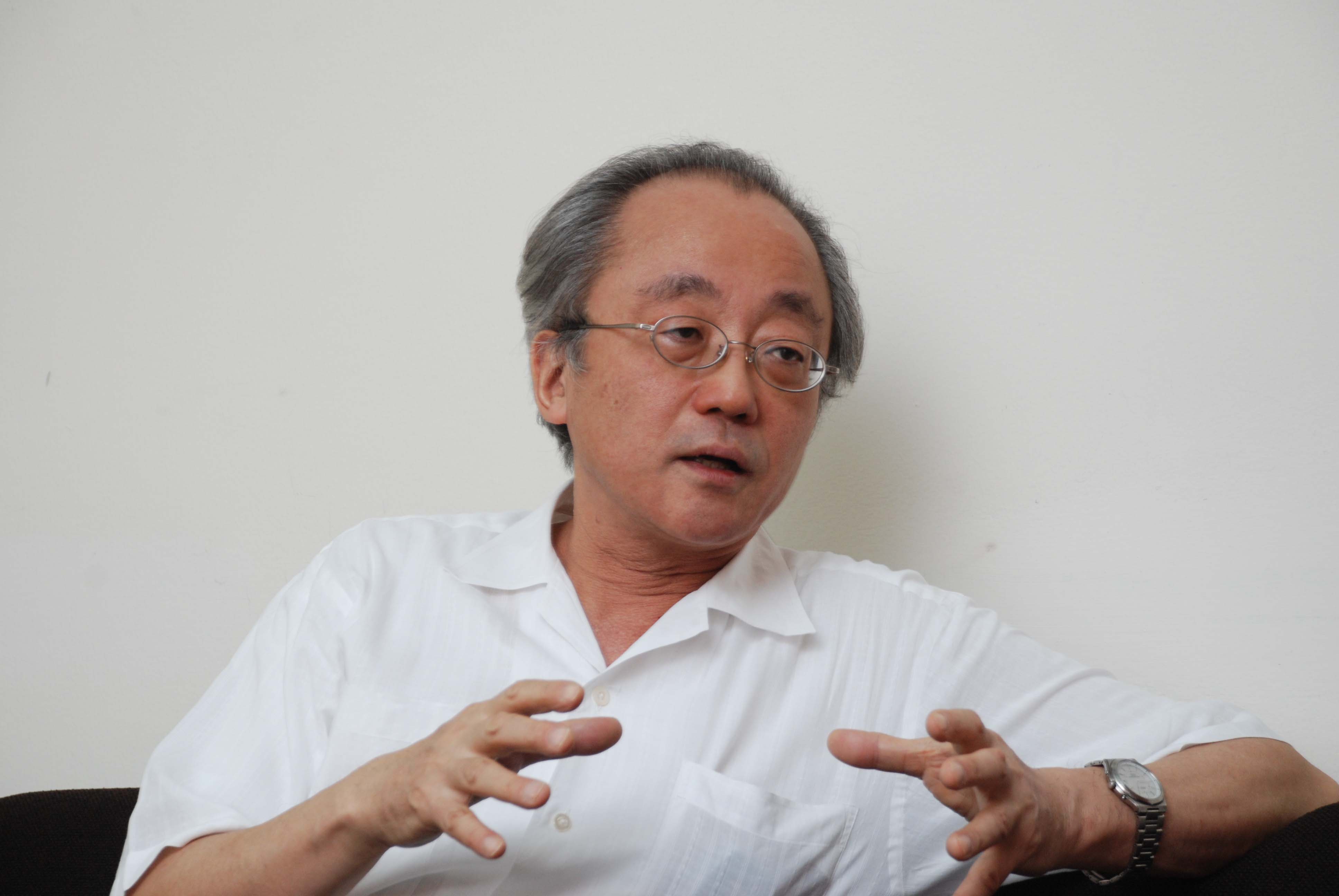The Asian Institute of Technology (AIT) in Thailand is set to become
the Asian hub for the Alliance for Global Sustainability (AGS), a
leading consortium of some of the world’s top research universities
dedicated to achieving sustainability for the planet.
The international partnership was started by four of the world’s
leading science and technology universities – ETH Zurich & EPFL,
MIT, The University of Tokyo, and Chalmers University of Technology.
Launched in 1996, AGS draws on members’ world-class strengths in
academics, integrated research and outreach activities. Today, it
connects many more top-flight universities in Europe, Asia and North
America. By collaborating closely with industry, it seeks to advance a
new paradigm for global sustainability.
Spearheading the initiative, Japanese Professor Kazuo Yamamoto, who
deftly combines a faculty position at The University of Tokyo with his
duties as Vice President for Resource Development at AIT, said the new
Alliance for Global Sustainability–Asia Secretariat bodes well for
Thailand and the ASEAN region.
“It is time to expand the activities of AGS into the rest of Asia, and
in particular Southeast Asia,” said Prof. Yamamoto. “Asia is where
emerging economies are driving global economic growth. But it is also
where modern development is placing pressure on the natural
environment’s ability to cope.”
Currently, the consortium utilizes the extensive global network of AIT
to connect with twenty-seven universities, institutes, and industry
partners in Japan. Notable members include The University of Tokyo,
Hokkaido University, Tohoku University, Kyoto University, University of
Yamanashi, Keio University, IGES, United Nations University, NIES, and
the Japan Aerospace Exploration Agency (JAXA).
In Thailand, Chulalongkorn University, Thammasat University and
Kasetsart University have also formed a cluster of like-minded higher
education institutions. Other countries are expected to join the
movement by setting up national-level networks.
Once operational in late 2014, the AGS–Asia Secretariat at AIT just
north of Bangkok will be the nexus for the coordination of all
nationally-focused arrangements aligned at a pan-Asian level;
connecting Japanese colleagues with Thai partners and other
universities and partners around the world. The hub will tap the
region’s academic and research institutions, governments and industry
committed to supporting sustainability, Prof. Yamamoto said.
A noted environmental engineer who formerly worked as an AGS secretary
in Tokyo when it was first established, Prof. Yamamato explained that
the alliance studies and applies multi-and interdisciplinary approaches
to living and learning in fields such as the natural sciences and
technology, agriculture, and medical sciences.
AGS—Asia will have a soft structure, he said, which will make it
attractive for disparate faculty, researchers and professionals to
participate. It also aims to create an inviting environment where
junior and senior academicians will willingly collaborate.
Convinced that AIT is the natural home for the growing alliance, Prof.
Yamamoto said it will leverage the institute’s considerable
international reach and burnish its strengths in academics and applied
research focused on sustainable development outcomes.
AGS—Asia also dovetails with AIT’s effort to transform its verdant
campus into a bona fide “living sustainability laboratory”, where
concepts learned in the classroom and analyzed in laboratories are
practiced everyday by more than 2500 post-graduate students, faculty
and staff.
By complimenting AIT’s existing Center of Sustainable Development in
the Context of Climate Change (SDCC), and the institute’s myriad
programs, fields of study and centers of excellence, officials expect
the AGS—Asia to fuel a regional critical mass of sustainability
thinkers and practitioners searching for solutions to one of the
greatest challenges facing humanity.
Shawn Kelly is Senior Media Specialist at the Asian Institute of
Technology

